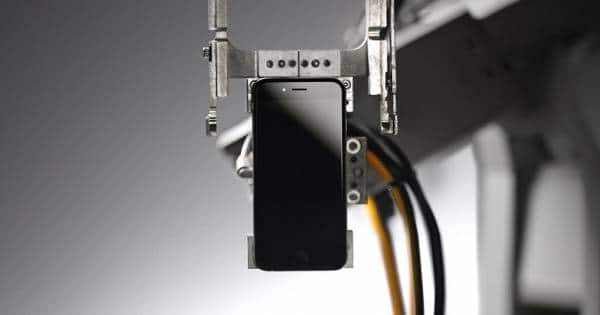Nice.
Synthetic RNA kit business Synthego has raised $41 million to step up its efforts to make CRISPR gene editing easier and more accurate. The West Coast startup relied heavily on tech VCs for the cash, but also gained validation from having CRISPR pioneer Jennifer Doudna invest in its business.
Redwood City, CA-based Synthego exited stealth in August, four years after it was set up by two former SpaceX computer engineers. In those early years, which were bankrolled by an $8.3 million investment in 2013, Synthego established an automated manufacturing process for guide RNA products that it thinks sets it apart from larger competitors in terms of cost, turnaround time and editing efficiency.
Sythengo has persuaded some big names it is on to something. 8VC, an infrastructure-focused VC that also invested in uBiome, led the round with support from fellow new backers AME Cloud Ventures, Elements Capital, OS Fund, Alexandria Equities and ZhenFund. Existing investors including Peter Thiel’s Founders Fund and Menlo Ventures also contributed to the Series B round.








